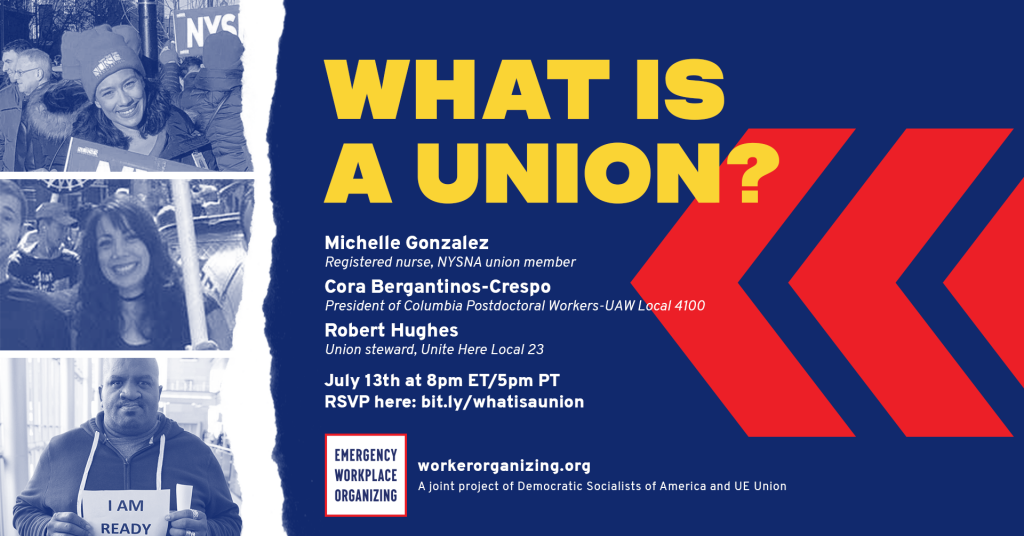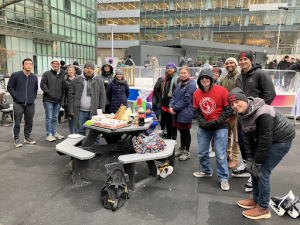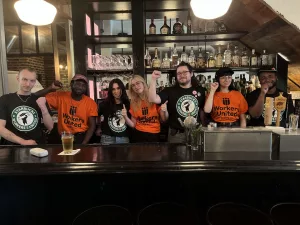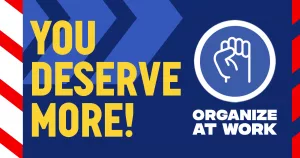A union is an organization of workers who wish to collectively represent themselves to their employer. Legally, an employer is required to bargain with the union over wages, healthcare, and working conditions. Practically, this only happens when workers are organized enough to pressure their employer to do so.
The benefit of a union is that it puts your terms of employment into legally binding contracts and gives you and your co-workers a say through negotiations over those terms. It’s harder to roll back legal gains like a good contract.
What are the benefits of a union job?
Union jobs across the board offer
- Higher pay: Union workers earn on average 17% more than non-union workers.
- Better health insurance: More than 90% of unionized workers have access to employer-provided health insurance, compared to 68% of non-union workers.
- Better retirement: 93% of unionized workers in private industry have access to employer-sponsored retirement plans, compared to 66% of non-union workers.
- A stronger voice on the job: Unions negotiate schedules, benefits, safety and harassment policies, promotional opportunities, and job security.
Unions can also be our voice in the broader community: There is a history of organized workers winning major social gains like the eight-hour work day, the weekend, social security, civil rights, and immigrant rights!
Union members are the union
The union isn’t an organization outside of the members. They may affiliate with a national “parent union,” also called an “international,” which provides them with helpful resources, including legal counsel to navigate labor laws, but members are the ultimate decision makers and elect their leadership.
In the best examples, workers are involved in every step of the contract negotiation process. Workers in a union can set their own bargaining agenda and vote on contracts. They often vote to take collective action if the boss refuses to meet their terms during negotiations. Democracy in a union allows workers of all races, ethnicities, genders, and sexual orientation to have a voice.
Read our organizing guide for more on the basics of unions, organizing, and how to join the labor movement.
Want to learn more about what a union is? Check out this webinar featuring Cora Bergantinos-Crespo, a geneticist and the president of Columbia Postdoctoral Workers-UAW Local 4100; Michelle Gonzales, a registered nurse and a New York State Nurses Association (NYSNA) organizer; and Robert Hughes, a union steward of Unite Here Local 23 and Co-chair of Central Indiana DSA.





